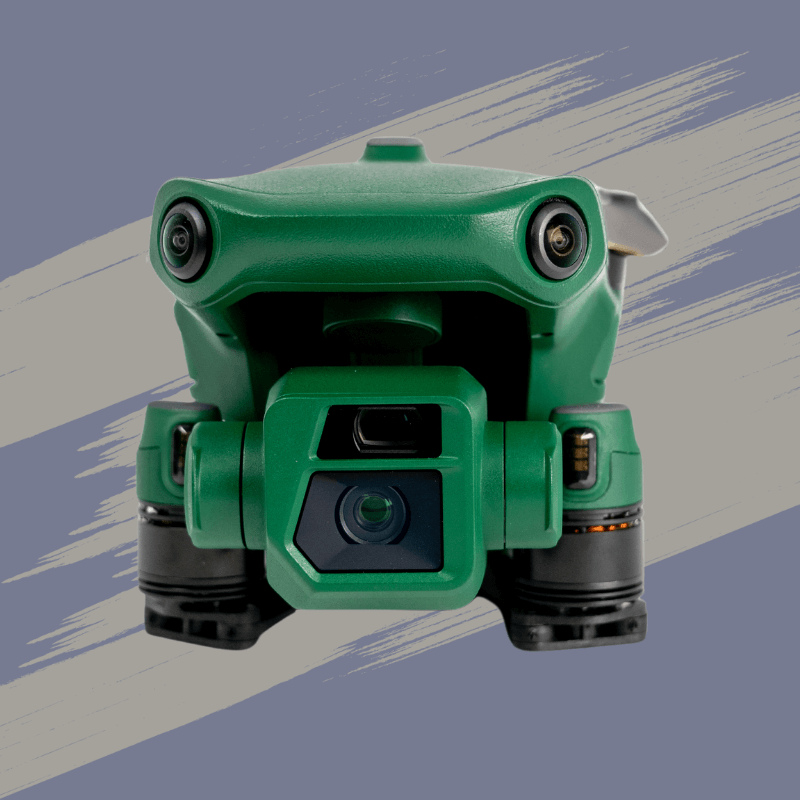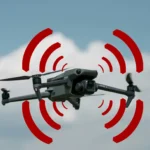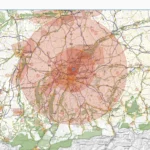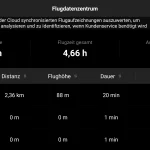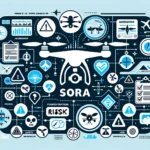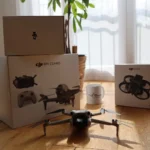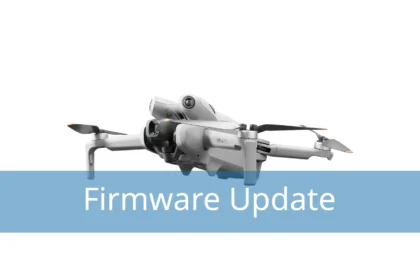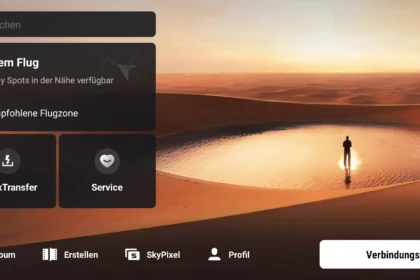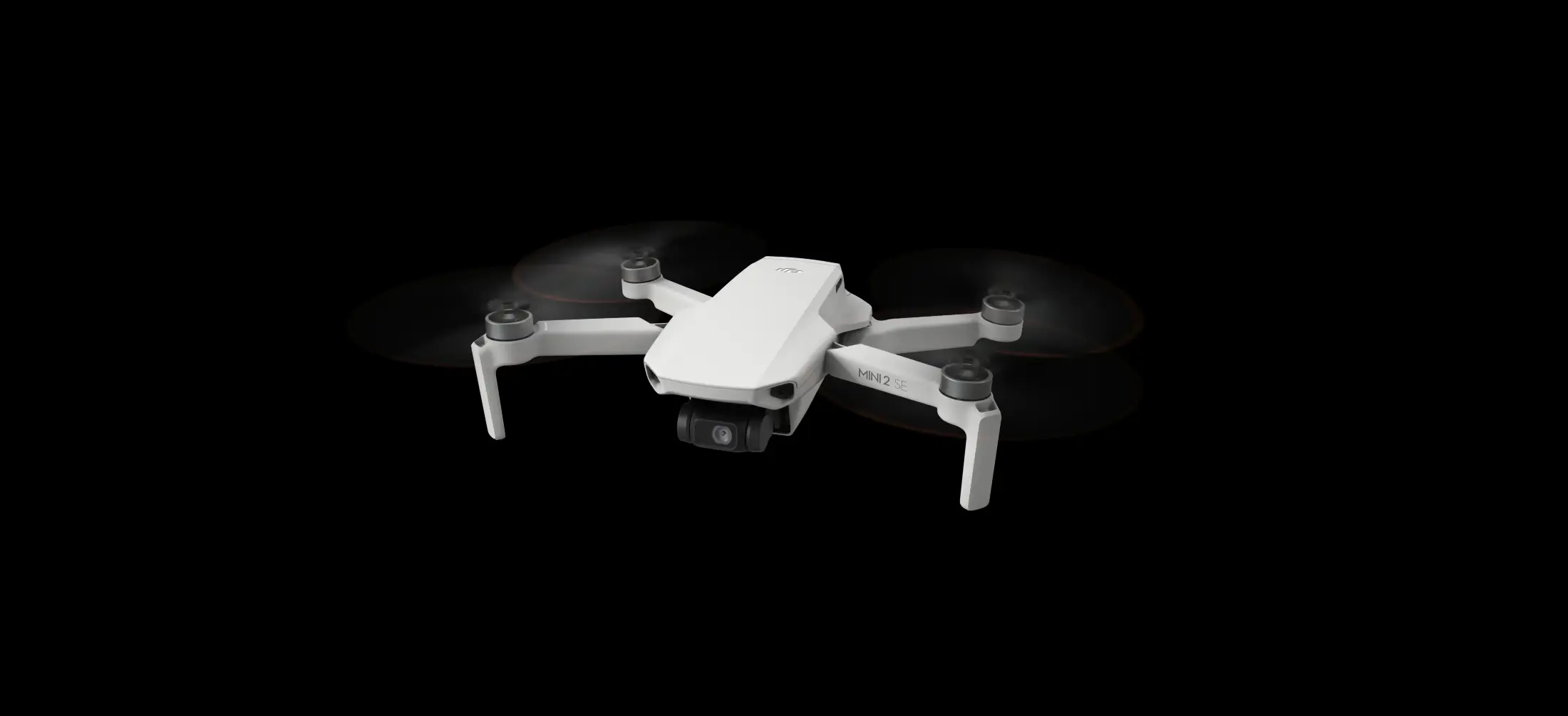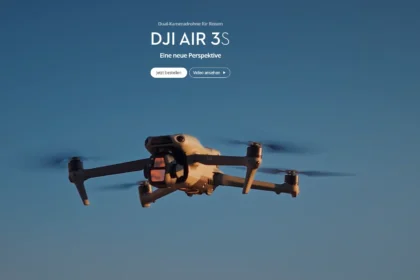Anzu Robotics has caused quite a stir in the USA in recent weeks with its new “Raptor (T)” drone, which is strikingly reminiscent of the DJI Mavic 3 Enterprise. But what is behind this drone? In this article, we take a look at the results of a detailed analysis and clarify whether the Anzu Raptor is actually an in-house development or just a re-coloured DJI drone. All information is based on this report.
Who is Anzu Robotics?
Anzu Robotics, a US-based company, claims to have licensed DJI’s technology for the development of its Raptor drone but otherwise operates independently of the company. In view of the impending ban on DJI in the USA, the question arises: How much DJI is really in the Anzu drone?
Hardware: A copy of the DJI Mavic 3 Enterprise?
Examination of the FCC documents and comparison of the circuit boards by FPV-Wiki have shown that the hardware of the Anzu drone is identical to that of the DJI Mavic 3 Enterprise. The drone uses the same proprietary DJI components as the P1 (Pigeon).
Firmware: proprietary or not?
Anzu claims to use proprietary firmware. However, analysing the firmware shows a different picture: the Raptor drone responds to DJI commands and uses the same signature and encryption keys as the Mavic 3 Enterprise. This means that Anzu does not have full control over the firmware, but is dependent on DJI.
The remote control: a renamed DJI RC Pro
The remote control of the Raptor drone, the RRC01, also turns out to be a rebranded DJI RC Pro. It uses the same system and the same firmware, but the Aloft ai app instead of the DJI Fly app.
The app: questionable security
The Aloft ai app used by Anzu is based on the DJI SDK. Although it offers some additional functions such as warranty activation, its security remains questionable. For example, both the staging and production servers of AWS were found to be unsecured, which represents a significant security gap.
Conclusion: Much ado about nothing?
The analysis concludes that the Anzu Raptor drone is essentially a green-painted DJI Mavic 3 Enterprise without any significant in-house developments. The remote control is also just a renamed version of the DJI RC Pro with a customised app. Anzu’s promises to offer an autonomous drone that is independent of DJI therefore appear to be greatly exaggerated.
For you as a potential buyer, this means that with the Anzu Raptor you are basically getting a DJI drone, but probably at a higher price and with questionable safety guarantees. So if you’re looking for a new drone, it might be worth sticking directly with DJI and not being fooled by the hype surrounding the Anzu – should it ever make it to us in Europe.


